Xinyu Zou
A Survey of Large Language Models in Medicine: Progress, Application, and Challenge
Nov 09, 2023

Abstract:Large language models (LLMs), such as ChatGPT, have achieved substantial attention due to their impressive human language understanding and generation capabilities. Therefore, the application of LLMs in medicine to assist physicians and patient care emerges as a promising research direction in both artificial intelligence and clinical medicine. To this end, this survey provides a comprehensive overview of the current progress, applications, and challenges faced by LLMs in medicine. Specifically, we aim to address the following questions: 1) What are LLMs and how can medical LLMs be built? 2) What are the downstream performances of medical LLMs? 3) How can medical LLMs be utilized in real-world clinical practice? 4) What challenges arise from the use of medical LLMs? 5) How can we better construct and utilize medical LLMs? As a result, this survey aims to provide insights into the opportunities and challenges of LLMs in medicine and serve as a valuable resource for constructing practical and effective medical LLMs. A regularly updated list of practical guide resources of medical LLMs can be found at https://github.com/AI-in-Health/MedLLMsPracticalGuide.
Automatic Expert Selection for Multi-Scenario and Multi-Task Search
Jun 06, 2022
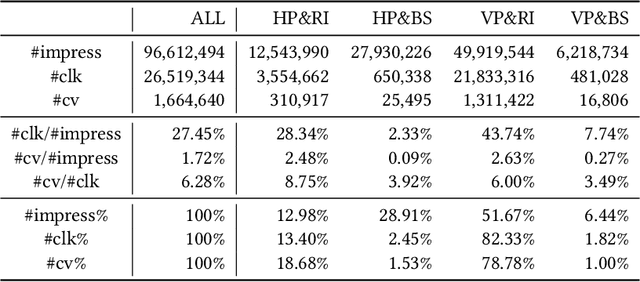

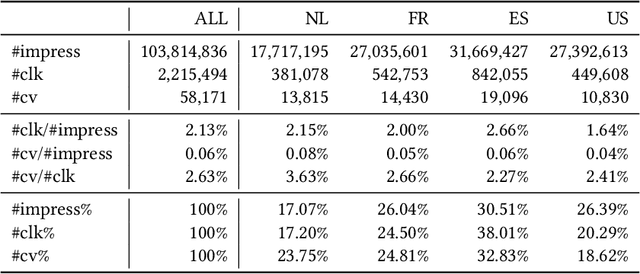
Abstract:Multi-scenario learning (MSL) enables a service provider to cater for users' fine-grained demands by separating services for different user sectors, e.g., by user's geographical region. Under each scenario there is a need to optimize multiple task-specific targets e.g., click through rate and conversion rate, known as multi-task learning (MTL). Recent solutions for MSL and MTL are mostly based on the multi-gate mixture-of-experts (MMoE) architecture. MMoE structure is typically static and its design requires domain-specific knowledge, making it less effective in handling both MSL and MTL. In this paper, we propose a novel Automatic Expert Selection framework for Multi-scenario and Multi-task search, named AESM^{2}. AESM^{2} integrates both MSL and MTL into a unified framework with an automatic structure learning. Specifically, AESM^{2} stacks multi-task layers over multi-scenario layers. This hierarchical design enables us to flexibly establish intrinsic connections between different scenarios, and at the same time also supports high-level feature extraction for different tasks. At each multi-scenario/multi-task layer, a novel expert selection algorithm is proposed to automatically identify scenario-/task-specific and shared experts for each input. Experiments over two real-world large-scale datasets demonstrate the effectiveness of AESM^{2} over a battery of strong baselines. Online A/B test also shows substantial performance gain on multiple metrics. Currently, AESM^{2} has been deployed online for serving major traffic.
Advancing COVID-19 Diagnosis with Privacy-Preserving Collaboration in Artificial Intelligence
Nov 18, 2021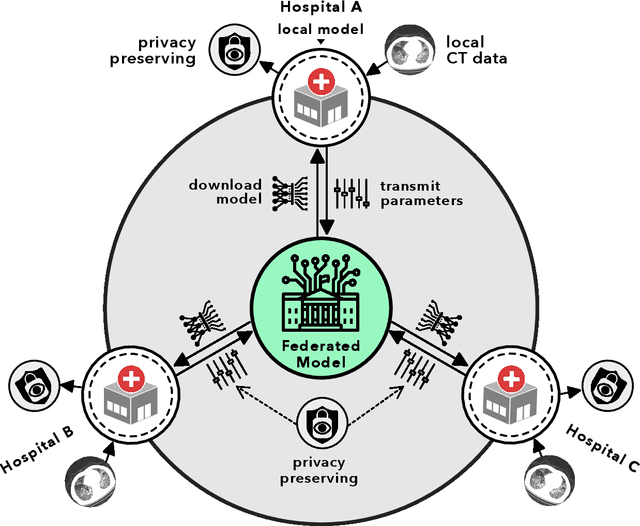
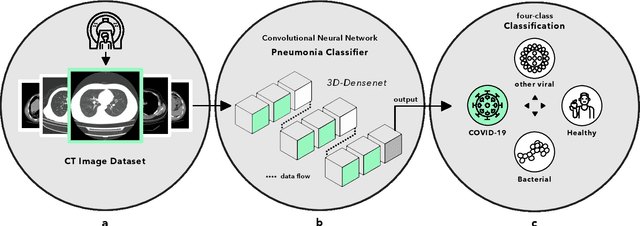
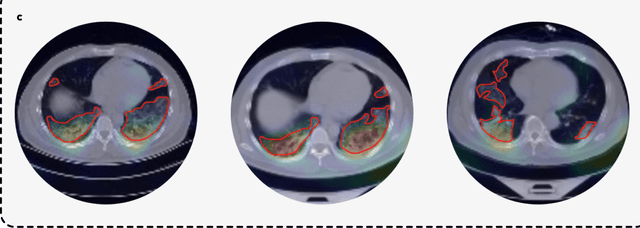
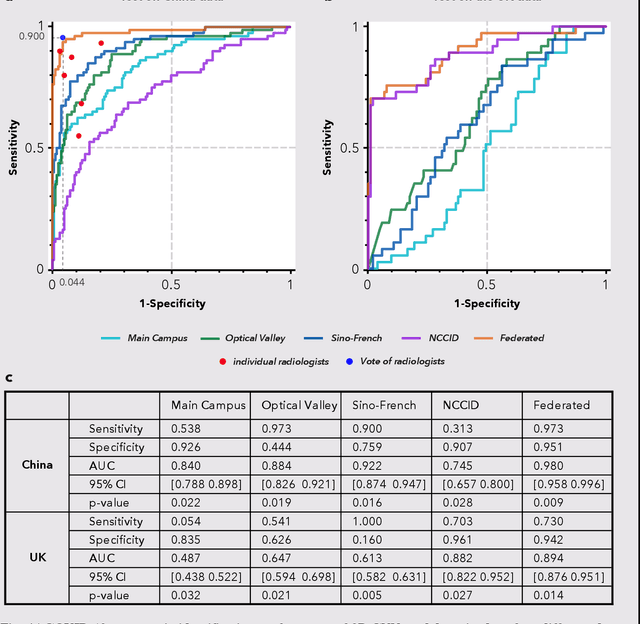
Abstract:Artificial intelligence (AI) provides a promising substitution for streamlining COVID-19 diagnoses. However, concerns surrounding security and trustworthiness impede the collection of large-scale representative medical data, posing a considerable challenge for training a well-generalised model in clinical practices. To address this, we launch the Unified CT-COVID AI Diagnostic Initiative (UCADI), where the AI model can be distributedly trained and independently executed at each host institution under a federated learning framework (FL) without data sharing. Here we show that our FL model outperformed all the local models by a large yield (test sensitivity /specificity in China: 0.973/0.951, in the UK: 0.730/0.942), achieving comparable performance with a panel of professional radiologists. We further evaluated the model on the hold-out (collected from another two hospitals leaving out the FL) and heterogeneous (acquired with contrast materials) data, provided visual explanations for decisions made by the model, and analysed the trade-offs between the model performance and the communication costs in the federated training process. Our study is based on 9,573 chest computed tomography scans (CTs) from 3,336 patients collected from 23 hospitals located in China and the UK. Collectively, our work advanced the prospects of utilising federated learning for privacy-preserving AI in digital health.
 Add to Chrome
Add to Chrome Add to Firefox
Add to Firefox Add to Edge
Add to Edge